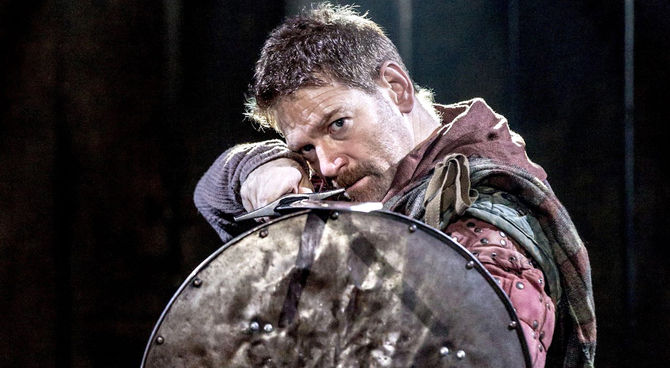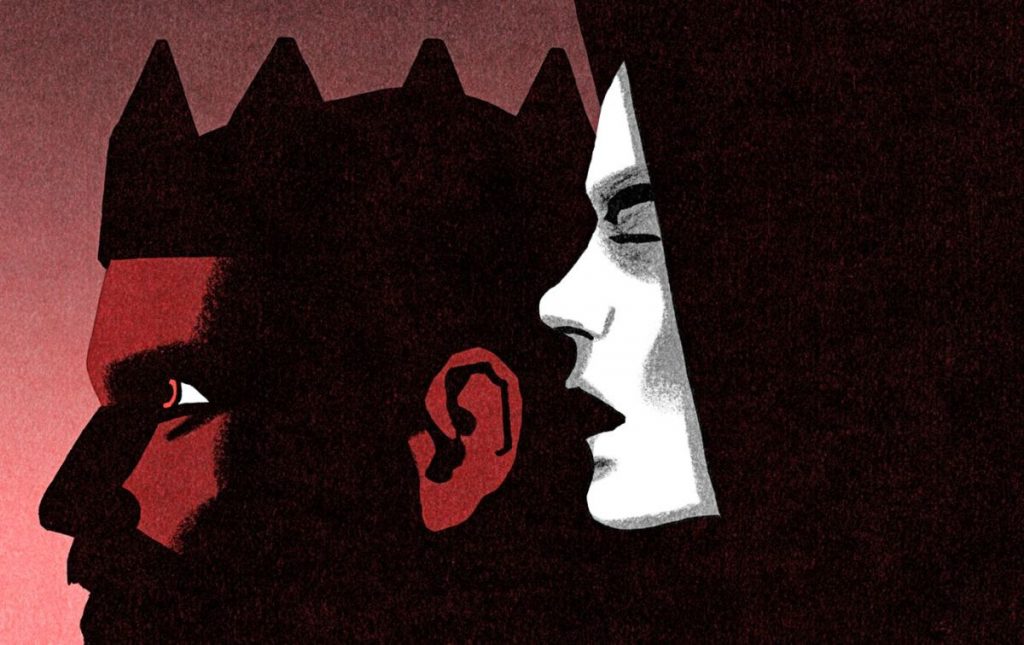
Why?
Well, there are a few theories about the origin of this superstition. The most common and plausible one is that many believe that Shakespeare wrote in real spells and incantations used by witches into the play. So, saying the name of the play inside a theater will cause doom and destruction to fall on the current production and perhaps even injure cast members.
There are even a few accounts of events that lent themselves to this superstition. One of the most famous was the Astor Place Riot.
On May 10 of 1849, in Manhattan, New York City, the Astor Opera House erupted into a riot that killed 25 people and injured over 120. It was the first time a state militia had to be called to put down a riot, and the first time that the police had to shoot into a crowd of civilians. Why did the riot start? Macbeth. Yep. It all began because the crowd had a spat over casting choices for the play. The riot led to the creation of the first armed police force in the United States. The curse on Macbeth is often believed to be the cause of the conflict. Weird, right?

According to English actor Sir Donald Sinden, there’s another reason that the Scottish Play seems to be cursed, and it has absolutely nothing to do with the play being Shakespeare’s “unluckiest”.
Historically, each town in England had at least one theater showing famous plays. If one play wasn’t drawing in a lot of money for the theater, it would be replaced with a crowd favorite. As it so happens, Macbeth was historically an extremely popular play. It guaranteed a full-house. It was one of the most common plays to replace flops across the country. Eventually, the superstition begun that even mentioning the name of “Macbeth” inside a theater would cause the current play to fall apart and warrant replacement.
So, is there any way to undo the supposed ‘curse’ of Macbeth?
There are a few popular rituals that are believed to dispel the curse:
- When the name is accidentally said, the person must immediately spin around three times on the spot and then spit over their shoulder and say an obscenity.
- Leave the theater with the person who accidentally said the name, walk around the theater three times and spit over their left shoulder.
- Leave the theater, knock three times, be invited back inside by the rest of the troupe, and say a line from Hamlet. Other lucky plays include The Merchant of Venice and A Midsummer Night’s Dream.
Does the ‘Curse of Macbeth‘ truly exist? I’d say it all depends on how much power you give it. The human subconscious is a powerful thing. For some, the Curse of Macbeth is just a fun theater tradition. For others, it’s very real, and misfortune always seems to find them.